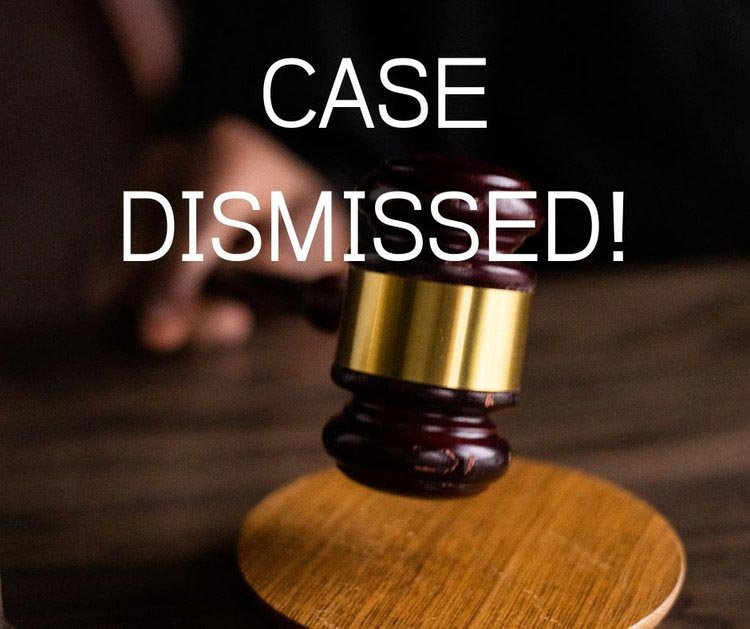The Role of Experienced Criminal Lawyers in Case Dismissals
Navigating the criminal justice system can be a daunting process, particularly for individuals facing serious charges that could alter their lives significantly. An experienced criminal lawyer plays a vital role in the legal defense, especially when it comes to pursuing case dismissals. This guide outlines the crucial functions that experienced criminal lawyers serve in achieving case dismissals and the strategies they employ.
1. Understanding Case Dismissals
What is a Case Dismissal?
A case dismissal occurs when a court terminates a criminal case without a trial or a guilty finding. Dismissals can happen at various stages of the criminal process, including:
- Pre-Trial Dismissals: Before a trial begins, a defendant’s attorney may file a motion to dismiss the charges based on legal grounds.
- Dismissals During Trial: A prosecutor may drop charges during trial for lack of evidence or other compelling reasons.
- Post-Trial Dismissals: After a trial, the defendant may seek to have the charges dismissed if legal errors negatively impacted the outcome.

Importance of Case Dismissals
Achieving a case dismissal is vital for many reasons:
- No Criminal Record: A dismissal allows individuals to avoid a conviction that would lead to a criminal record.
- Reduced Legal Costs: Dismissals can save the defendant from the expenses associated with prolonged court proceedings.
- Reduced Stress: Removing charges can alleviate the emotional burden of undergoing criminal prosecution.
2. The Role of Experienced Criminal Lawyers
Experienced criminal lawyers are instrumental throughout the criminal process, especially concerning case dismissals. Here’s how they contribute effectively:
A. Thorough Case Evaluation
An experienced criminal defense attorney will conduct a comprehensive evaluation of the case as soon as they are retained. This evaluation includes:
- Reviewing Evidence: The attorney will analyze all evidence presented by the prosecution, including police reports, witness statements, and physical evidence. Assessing this information helps identify weaknesses in the prosecution’s case.
- Identifying Legal Grounds for Dismissal: Based on their assessment, skilled lawyers will identify potential legal grounds for dismissal, such as violations of constitutional rights, prosecutorial misconduct, or lack of sufficient evidence.
B. Building a Strong Defense
Once an attorney has assessed the case, they will work on building a strong defense strategy aimed at achieving a dismissal. This process includes:
- Gathering Evidence: Lawyers will collect evidence to support their defense. This could involve interviewing witnesses, obtaining expert opinions, or securing documentation that may exonerate their client.
- Constructing Legal Arguments: Experienced attorneys construct compelling legal arguments that highlight flaws in the prosecution’s case and assert reasons for dismissal. Strategies might include arguing the evidence was obtained unlawfully or that there is insufficient evidence to proceed.

C. Filing Motions
To secure a dismissal, a criminal defense lawyer may file various legal motions with the court. Some common motions include:
- Motion to Dismiss: This motion is a formal request for the judge to dismiss the charges based on specific legal grounds.
- Motion for Summary Judgment: This seeks to have the case dismissed before trial based on the argument that there are no genuine issues of material fact.
- Pre-Trial Motions: These may challenge the admissibility of certain evidence or request other actions that could lead to case dismissal.
D. Negotiating with Prosecutors
An experienced criminal defense lawyer understands the importance of negotiation with prosecutors. Here’s how they work on this front:
- Leveraging Evidence: Through negotiation, attorneys can effectively leverage weaknesses in the prosecution’s case revealed during their investigations. Showing the prosecutor that the evidence is insufficient may encourage them to dismiss charges.
- Plea Deal Discussions: If dismissal is not a feasible option, lawyers may negotiate plea deals that can result in lesser charges or more favorable terms, potentially avoiding a trial altogether.
E. Representing Clients in Court
If a motion to dismiss is contested, the case will proceed to a hearing where the attorney represents the defendant in court. Here’s what this entails:
- Presenting Arguments: The lawyer will articulate reasons for the dismissal request, using legal principles and evidentiary support.
- Cross-Examining Witnesses: If witnesses are present, the lawyer has the opportunity to challenge their testimony, further underscoring the weaknesses of the prosecution’s position.
F. Post-Dismissal Considerations
In cases where charges are dismissed, experienced criminal lawyers continue to support their clients in various ways. This includes:
- Record Expungement: Discussing options for expunging or sealing any records associated with the charges, ensuring that there are no lasting effects from the arrest.
- Advising on Future Legal Matters: A good attorney will also provide guidance on avoiding future legal problems and help clients understand their rights moving forward.
3. Conclusion
The role of experienced criminal lawyers in pursuing case dismissals is critical within the criminal justice system. From conducting thorough evaluations and building compelling defenses to negotiating with prosecutors and effectively representing clients in court, these attorneys are pivotal in safeguarding their clients’ rights and interests.
When facing criminal charges, having a knowledgeable and resourceful lawyer can be the difference between a favorable outcome and serious legal repercussions. Seeking legal assistance from a skilled criminal defense attorney at the earliest possible stage is paramount to navigating the complexities of the legal system and pursuing an effective resolution.
Whether it’s investigating the facts, identifying potential dismissal avenues, or negotiating on your behalf, an experienced criminal defense attorney will offer the legal expertise and support needed to achieve the best possible outcome for your case.
